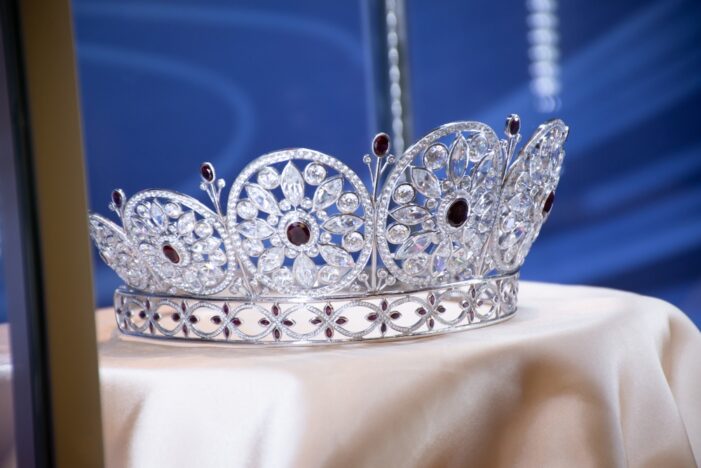By Michelle Fonseca
When Miss Nicaragua won Miss Universe this month, I cried for joy. I felt at last that my culture had gained recognition from people worldwide.
It may seem odd — as a young Nicaraguan woman, why would progressive members of my generation pay attention to beauty pageants today? But this year’s Miss Universe, held in San Salvador on November 18, was more than a win for beauty. For many viewers, this was one of the few positive modern presentations of these cultures that didn’t centralize dictatorship, poverty or crime.
In fact, when Sheynnis Palacios won the contest as Miss Nicaragua, I saw that even the men I knew, and men on social media, were not only watching with women for the first time but were moved to tears by the win, saying, ‘We get it now,’ or that this year’s competition was as important for them as the World Cup.
Nor were her fans just Nicaraguan — when she won, the whole stadium stood up, and other competitors representing countries all around the world hugged her and looked genuinely ecstatic that she won, a display of sisterhood I have never seen before.
The contest was historic in other ways, as for the first time it featured two transgender women (Miss Portugal and Miss Netherlands), the first married women and mothers (Miss Guatemala and Miss Colombia), and the first plus-size model (Miss Nepal). Before the competition was bought by Thai transgender woman and entrepreneur Anne Jakrajutatip in 2022 and she
revised the rules, mothers, married people and divorcees could not even compete.
While the pageant remains a beauty competition, it’s grown to mean much more than that since the days when it was owned by Donald Trump. It’s grown to become a worldwide affirmation that just because you don’t fit a certain size or background does not mean that you aren’t beautiful, or that you can’t achieve your dreams.
Palacios’ win this year moved me because of how much I connected with her own background.
Here was a 23-year-old woman, completely open about her humble beginnings selling simple street food in order to complete her education while pursuing her dreams by moving up the ranks of various beauty competitions from the age of 15 onward. Having later immigrated with her mother to San Francisco, where I also live, Palacios became the main breadwinner for her family while working to graduate from college.
I saw myself in her struggle, as I recently got my master’s degree as a Licensed Clinical Social Worker. Although I stayed in the city to attend San Francisco State, while continuing to work, enrollment for my program there was impacted and I had to finish at CSU Stanislaus, over 100 miles southeast in the city of Turlock.
Having no car, I would take a four-hour train commute three to four days a week during the pandemic just to achieve my dream. I did, and now I’m working to complete my practice hours and complete my state exams.
Like Palacios, I too was fighting to give back to and positively represent my people — as I aim to work with Latino populations to support community mental health here in San Francisco — and when she won it was an affirmation for me that I could be both strong and feminine, as long as you know the impact you want to make on the world.
I was also incredibly moved by how open Palacios was about her own mental health. When asked by interviewers during the pageant how she felt, she shared her own experiences with anxiety, including an anxiety attack that she had and overcame with breathing exercises during the event.
An interviewer asked her — uniquely, she answered all questions in Spanish — what she thought the essence of humanity was, and she said it was humility and being grateful for the small things in life, which is something I often tell my friends and family as well; this was the moment I knew she would win.
I believe that many who were watching this woman were most impressed by her humility, and the dignity she kept in being so open about her humble background and ongoing struggles while still being a stellar example for her people.
At another point in the competition, Palacios said that a good representation of Nicaraguan women is the phrase “strength of a volcano” — which surprised me, as it is a phrase that I identify with and had already written on my own social media account. It reminds me that your background doesn’t preclude you from reaching your dreams.
As I work toward what I want, I’ve never forgotten where I come from.
Michelle Fonseca lives in San Francisco where she hopes to do social work in support of the city’s Latino community.

